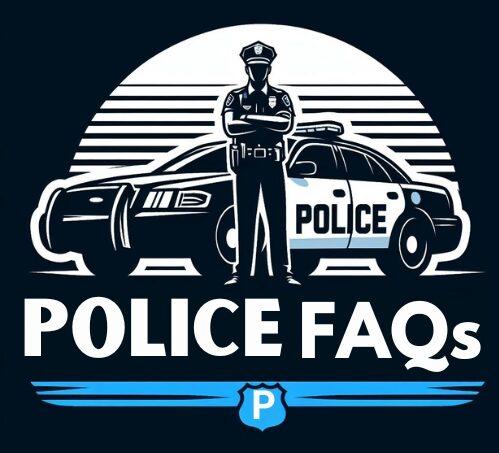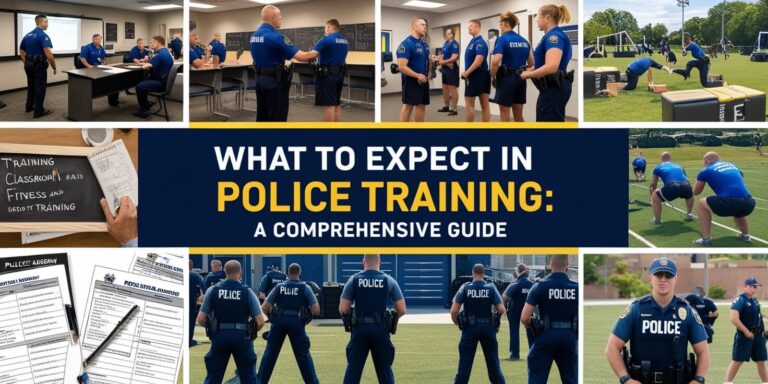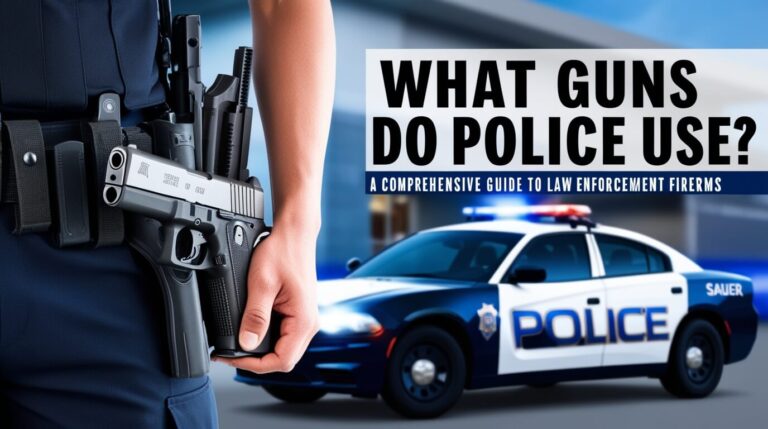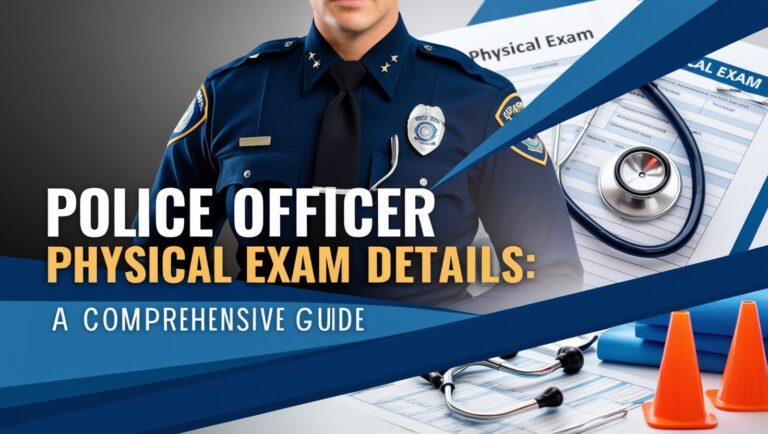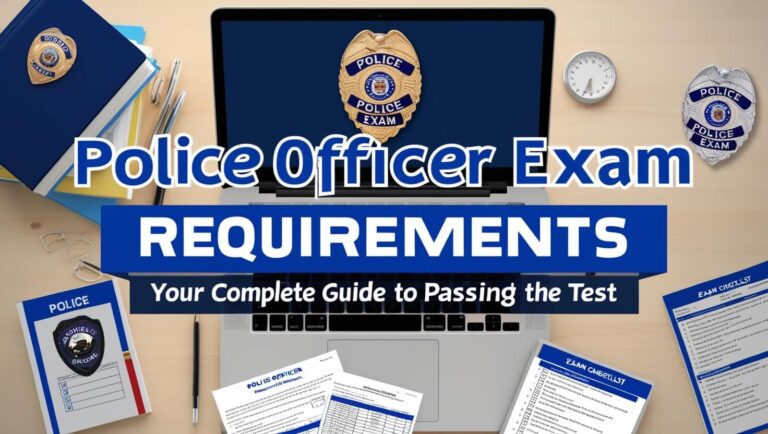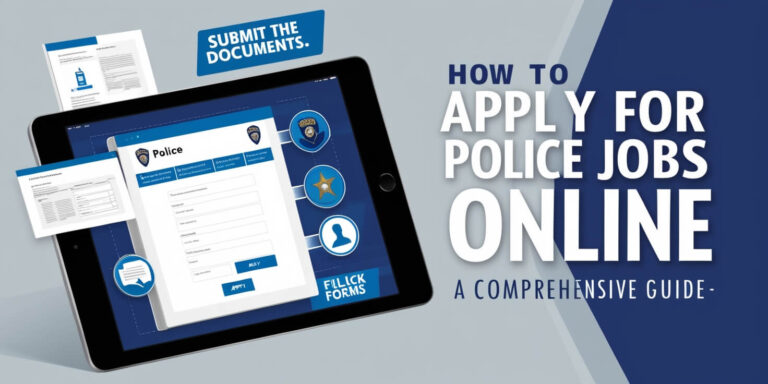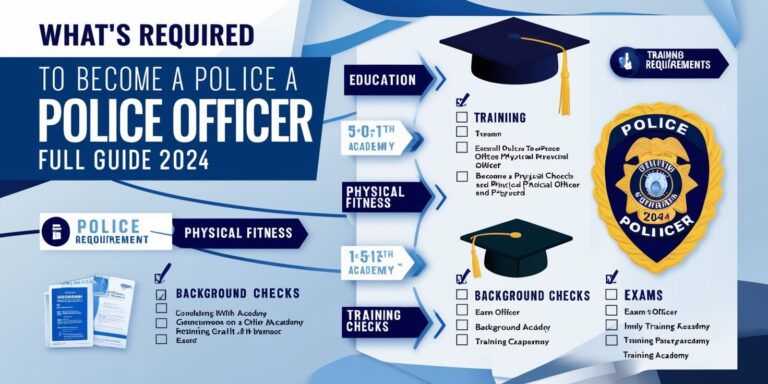Is Lying to the Police a Crime? Legal Risks and Consequences
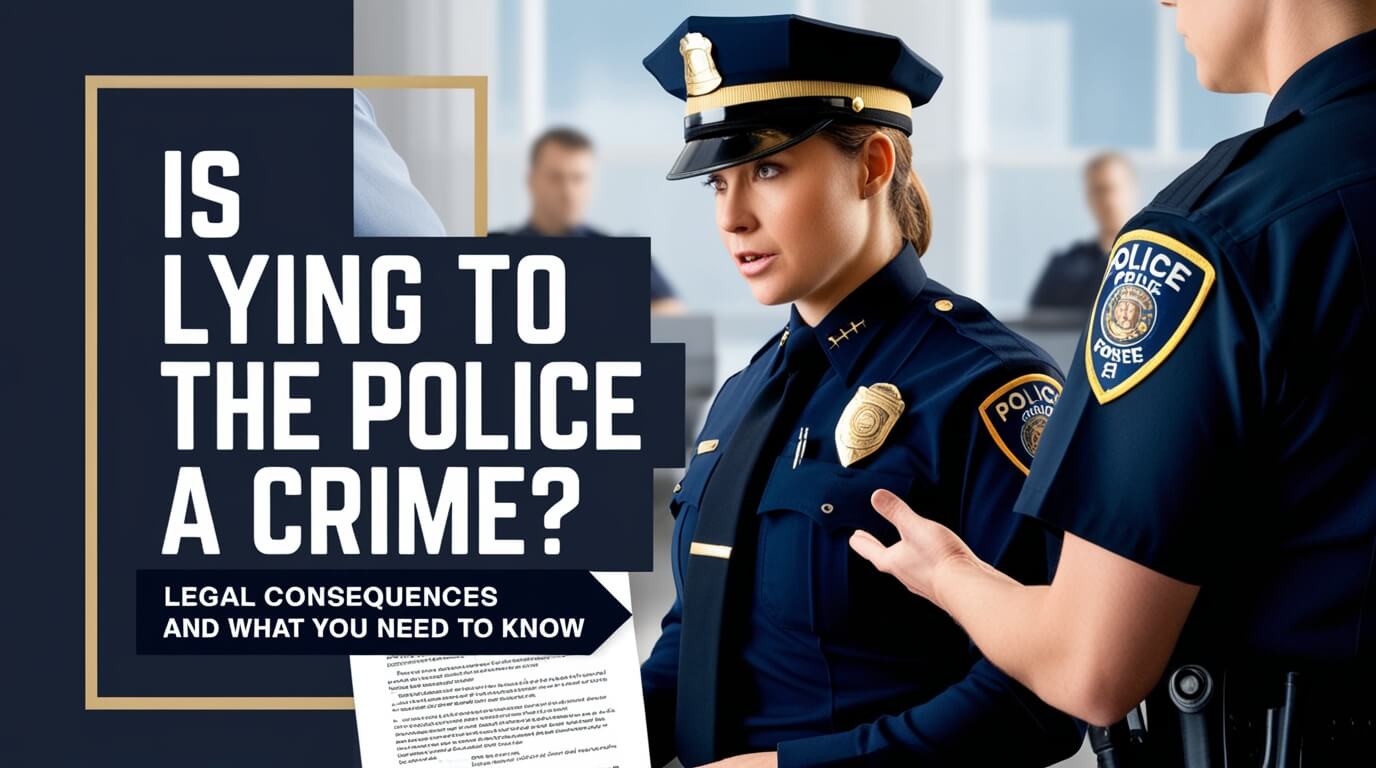
Lying to the police is indeed a crime in many circumstances, and it can lead to serious legal consequences. This article explores the various aspects of this issue, from the types of lies that can get you in trouble to the potential penalties you might face.
When interacting with law enforcement, honesty is crucial. But what happens when fear, confusion, or a misguided attempt to protect yourself or others leads to dishonesty? Let’s dive into the complexities of this topic and shed light on what you need to know.
Understanding the Legal Framework
Defining “Lying to the Police”
Lying to the police isn’t just about telling a whopper. It covers a range of actions:
- Giving false information
- Withholding important facts
- Making misleading statements
The law takes a dim view of these behaviors, especially when they interfere with police work.
Federal vs. State Laws on False Statements
Both federal and state laws address lying to law enforcement. Federal laws, like 18 U.S.C. § 1001, make it illegal to lie to any federal officer. State laws vary, but most have similar provisions.
Key differences:
- Federal laws often carry harsher penalties
- State laws may have more specific scenarios outlined
Types of Lies That Can Lead to Criminal Charges
Providing False Identification
Ever thought about using your sister’s ID at a traffic stop? Bad idea. Giving fake or borrowed identification to police is a quick way to land in hot water.
Examples:
- Using a fake driver’s license
- Giving someone else’s name
- Lying about your age or address
Making False Reports
Filing a false police report is a serious offense. Whether it’s a made-up burglary to claim insurance or a fake assault claim, these lies waste police resources and can ruin lives.
Obstructing Justice
Lying to throw police off the scent of a crime falls under obstruction of justice. This could be:
- Providing a false alibi for a suspect
- Destroying or hiding evidence
- Lying to protect someone involved in a crime
Perjury and False Sworn Statements
Perjury isn’t just for courtroom dramas. It applies to any lie told under oath, including:
- During police interviews under oath
- In written statements given to law enforcement
- During grand jury testimonies
Consequences of Lying to Law Enforcement
Misdemeanor vs. Felony Charges
The severity of the lie often determines whether it’s a misdemeanor or felony:
Misdemeanors:
- Minor false statements
- First-time offenses
Felonies:
- Lies that significantly impede investigations
- Repeat offenses
- Lies under oath
Potential Penalties and Sentences
Lying to the police can lead to:
- Fines (ranging from hundreds to thousands of dollars)
- Probation
- Jail time (from months to several years)
The exact punishment depends on the case’s specifics and your criminal history.
Long-term Impact on Criminal Record
A conviction for lying to police can haunt you long after you’ve paid your fines or served your time:
- Difficulty finding employment
- Housing challenges
- Loss of professional licenses
- Travel restrictions
Common Scenarios Where People Lie to Police
Traffic Stops and Accidents
It’s tempting to fib about your speed or who was at fault in an accident. But these lies can backfire:
- Dash cams and witnesses can contradict your story
- Physical evidence often reveals the truth
Witness Statements
Eyewitnesses sometimes lie to protect friends or avoid involvement. However, changing your story later can lead to charges.
Alibis and Cover-ups
Providing a false alibi for yourself or others is risky:
- Police often check alibis thoroughly
- Getting caught in this lie can implicate you in the original crime
Your Rights When Interacting with Police
The Right to Remain Silent
Remember, you have the right to remain silent. It’s often better to say nothing than to lie.
Key points:
- You must explicitly state you’re exercising this right
- Remaining silent can’t be used against you in court
When You’re Required to Identify Yourself
In some states, you must provide your name if asked by police. Beyond that:
- You generally don’t have to answer other questions
- You can ask if you’re free to leave
Dealing with Police Questioning
Tips for handling police questions:
- Stay calm and polite
- Ask if you’re under arrest or free to go
- Request a lawyer if you’re unsure what to say
Exceptions and Grey Areas
Unintentional Misstatements
Not all incorrect statements to police are crimes. Factors considered:
- Was the mistake reasonable?
- Did you correct it when you realized?
- Was there intent to mislead?
Lies by Omission
Sometimes, what you don’t say matters as much as what you do:
- Withholding crucial information can be seen as obstruction
- But you’re not obligated to volunteer information that incriminates you
Lying to Undercover Officers
The rules get tricky with undercover officers:
- Lying to an officer you don’t know is undercover can still be a crime
- But there are legal defenses if you were entrapped
The Psychology Behind Lying to Police
Fear and Self-Preservation
Many people lie out of fear:
- Fear of arrest
- Fear of consequences
- Fear of disappointing others
Understanding these motivations doesn’t excuse the lie but can help in prevention.
Protecting Others
Lying to protect friends or family is common but risky:
- It can implicate you in crimes you weren’t involved in
- It rarely helps the person you’re trying to protect
Misunderstanding the Consequences
Some people lie because they don’t realize the seriousness:
- They might think a “little white lie” is harmless
- They underestimate police ability to uncover the truth
High-Profile Cases Involving Lies to Law Enforcement
Celebrity Incidents
Celebrities aren’t immune to the consequences of lying to police:
- Martha Stewart’s obstruction of justice case
- Jussie Smollett’s false report scandal
These cases show that fame doesn’t protect you from the law.
Political Scandals
Political figures have faced serious consequences for lying:
- The Watergate cover-up
- Bill Clinton’s impeachment proceedings
These cases often involve complex webs of lies and cover-ups.
Lessons Learned from Famous Cases
Key takeaways from high-profile cases:
- Small lies can snowball into major legal troubles
- The cover-up is often worse than the original crime
- Public figures face intense scrutiny of their statements
How Police Detect Lies
Investigative Techniques
Police have various methods to spot lies:
- Cross-referencing statements with evidence
- Conducting follow-up interviews
- Using forensic analysis
Body Language and Verbal Cues
While not foolproof, officers are trained to spot:
- Inconsistent eye contact
- Nervous behaviors
- Changes in speech patterns
Fact-Checking and Corroboration
Police don’t just take your word for it:
- They verify alibis
- Check surveillance footage
- Interview multiple witnesses
Legal Defenses for False Statements to Police
Lack of Intent
A key defense is proving you didn’t intend to mislead:
- Maybe you were confused or mistaken
- Perhaps you misunderstood the question
Coercion or Duress
If you were forced to lie, it might be a valid defense:
- Threats of violence
- Unlawful detention
Mental Incapacity
Mental health issues or cognitive impairments can be defenses:
- Temporary psychosis
- Severe anxiety disorders
- Certain medications that affect cognition
The Importance of Legal Representation
When to Contact a Lawyer
It’s wise to consult a lawyer if:
- You’re asked to give a statement to police
- You’ve already given a false statement
- You’re unsure of your rights
How an Attorney Can Help
A good lawyer can:
- Advise you on what to say (or not say) to police
- Help negotiate with prosecutors if you’ve made a false statement
- Represent you in court if charges are filed
Ethical Considerations: To Lie or Not to Lie?
Moral Dilemmas
Sometimes, the choice to lie isn’t black and white:
- What if lying could save a life?
- How do you balance personal loyalty with legal obligations?
These are tough questions without easy answers.
Balancing Personal and Legal Obligations
Tips for navigating ethical dilemmas:
- Consider long-term consequences
- Seek legal advice before making decisions
- Remember that honesty is usually the best policy
Tips for Interacting with Law Enforcement
Know Your Rights
Understanding your rights is crucial:
- Right to remain silent
- Right to an attorney
- Right to refuse searches (in most cases)
Stay Calm and Respectful
Even if you’re innocent or upset:
- Remain polite and composed
- Follow lawful orders
- Don’t argue or resist
When in Doubt, Seek Legal Advice
If you’re unsure what to do:
- Ask to speak with a lawyer before answering questions
- Don’t feel pressured to make immediate decisions
- Remember that it’s okay to say, “I don’t know” or “I don’t remember”
The Truth About Lying to Police
Lying to the police is a serious matter with potentially life-altering consequences. While the temptation to bend the truth might be strong in stressful situations, the risks far outweigh any perceived benefits.
Remember:
- Honesty is the best policy when dealing with law enforcement
- You have the right to remain silent if you’re unsure what to say
- Legal representation can be crucial in navigating interactions with police
By understanding your rights, the potential consequences of dishonesty, and the importance of seeking legal advice when needed, you can protect yourself while respecting the law. Stay informed, stay calm, and when in doubt, exercise your right to remain silent until you can consult with a legal professional.
